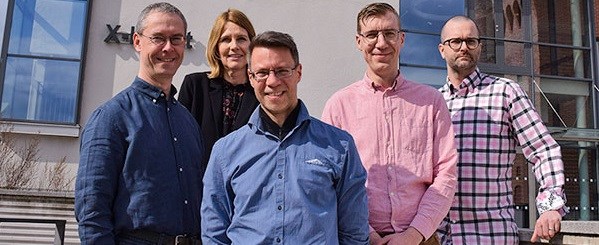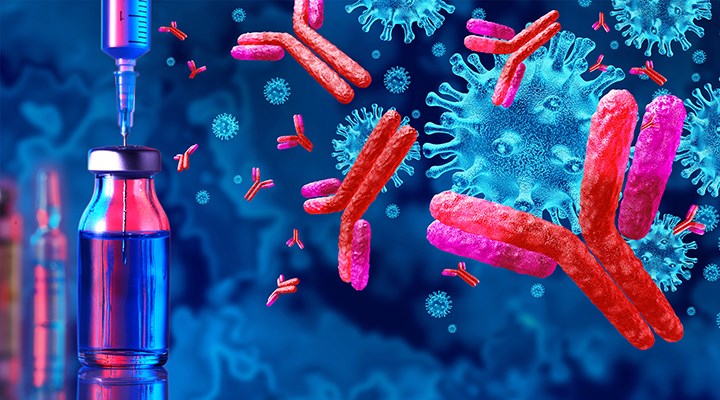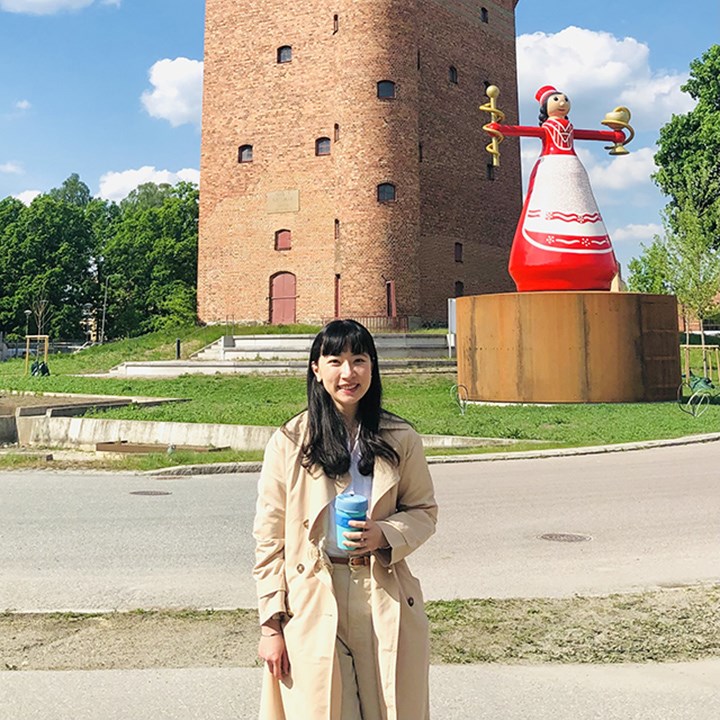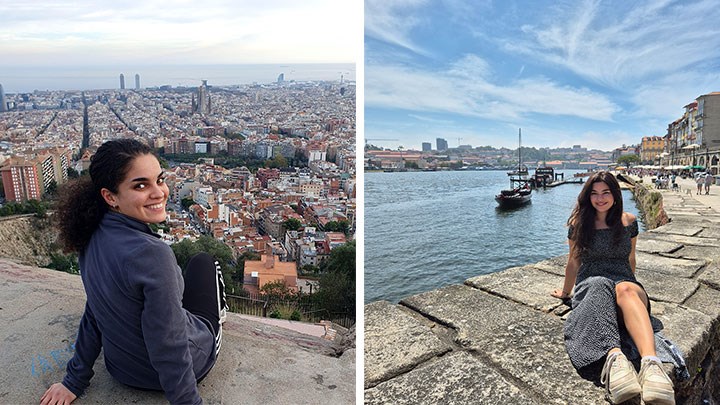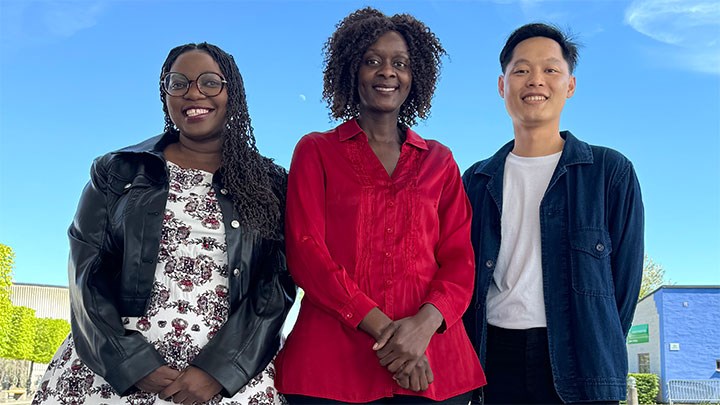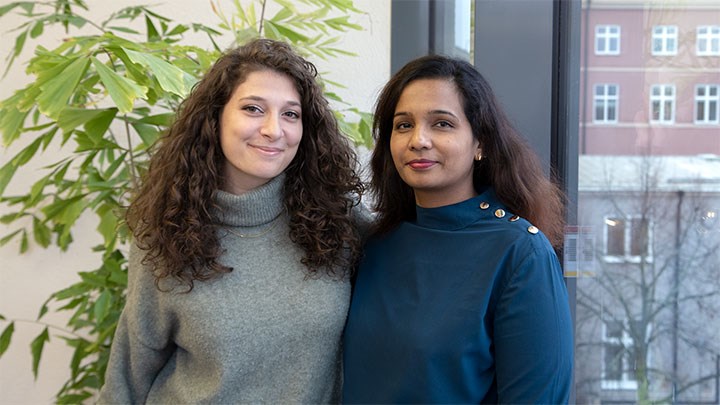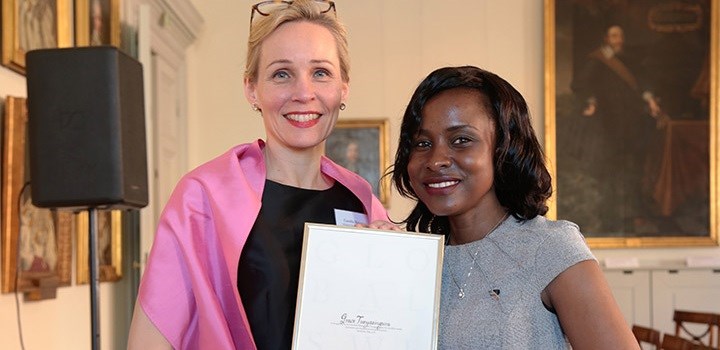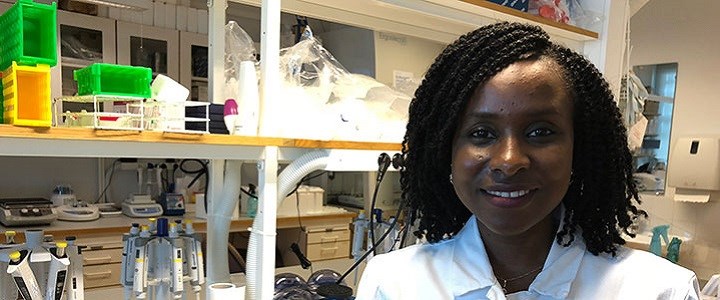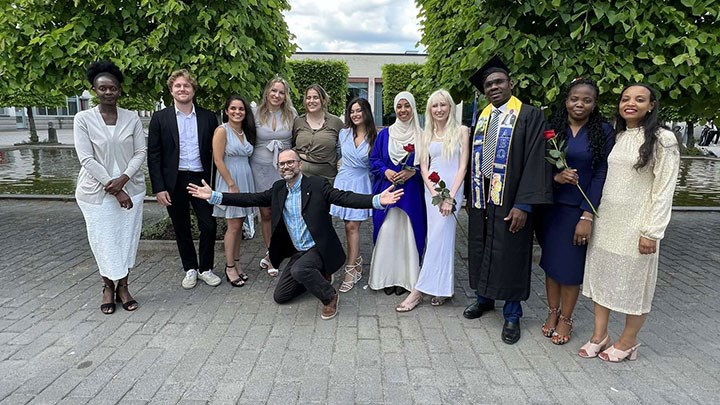Information about Master's Programme in Experimental Medicine
This programme is no longer offered. The most recent intake of students was in the autumn of 2024.
Below is a presentation of how the programme is currently organised.
This two-year MSc programme offers you both broad and specialised knowledge in experimental medicine. During your second year, you select between one of four profiles: Cardiovascular Biomedicine, Inflammation in Health and Disease, Nutrition-Gut-Brain Interactions, or Vaccine Development.
Specific entry requirements
Bachelor of Science in Biomedicine, Bachelor of Science in Biomedical Laboratory Science, Master of Science in Medicine, or Master of Science in Veterinary Medicine. Alternatively, a first-cycle qualification comprising at least 180 credits of which at least 90 credits are for specialised study in one of the main fields of study biomedicine, biomedical laboratory science, biology or medicine. The applicant must also have qualifications corresponding to the course “English 6” or “English B” from the Swedish Upper Secondary School.
Tuition fees
EU citizens
If you have citizenship in a European Union (EU) or European Economic Area (EEA) country, or Switzerland, you are NOT required to pay application or tuition fees.
Non - EU citizens
Tuition fee, first instalment: 83387 SEK
Total fee: 333548 SEK
Summary
The Master’s programme in Experimental Medicine gives you a broad insight into general aspects that affect public health in today’s society. You will gain knowledge and skills in modern experimental medical and laboratory science, as well as in-depth knowledge of cell biology, immunology, human genetics and bioinformatics, and translational medicine. The theoretical content in the courses is often contextualised with inflammatory mechanisms and their implication for public health.
This programme is research preparatory and the Master’s degree gives you insights research and development, and prepares you for an international career in academia, industry, government, and healthcare.
Teaching on the Master’s programme is interactive with an active dialogue between teachers and students. The curriculum is student-centered with a blend of laborations, lectures, written assignments, seminars, journal clubs and PBL group work, all designed to cultivating a curious research oriented mind. Your teachers are active researchers, who take their knowledge and current research into the classroom. The programme focuses on the application of theoretical knowledge as well as individual practical skills in order to translate theory into a contextual understanding of experimental medicine and the profile specialisation of your choice. The programme is offered by the School of Medical Sciences and the language of instruction is English.
During the second year of the MSc programme, students select one of the four profiles hosted by strong and well-established research groups at the School of Medical Sciences allowing you to immerse yourself in a specific topic of research. In addition to specific course work within the profile, you will conduct a comprehensive individual MSc degree project in a research project of your choice.
As a student on the Master’s Programme in Experimental Medicine, you are offered a personal mentoring programme. This is designed to help you progress throughout the programme, in terms of defining current and future goals, prospects, and career planning.
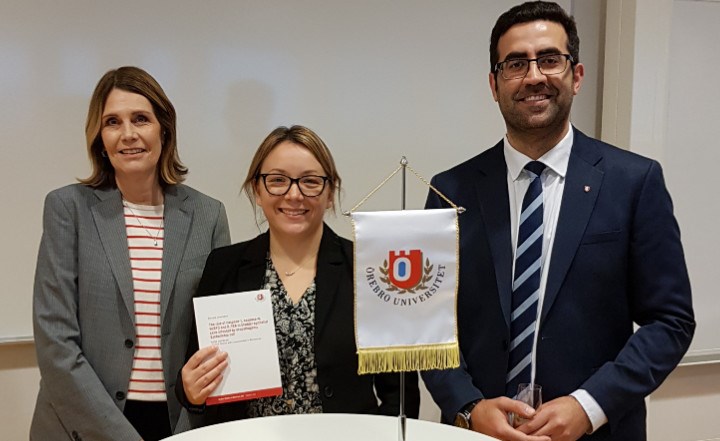
A big congratulations to Anna from the programme management!
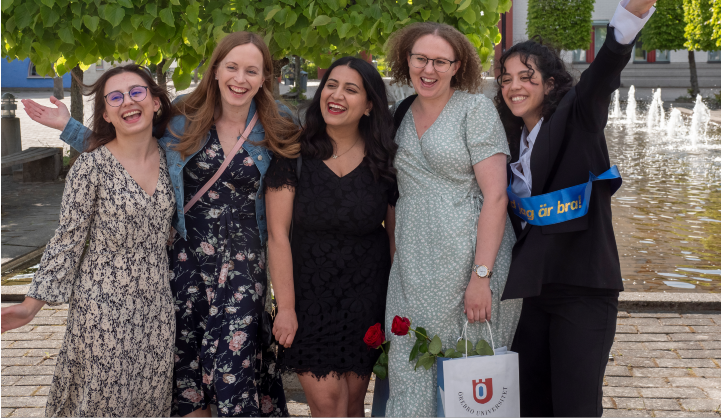
Another successful class graduation
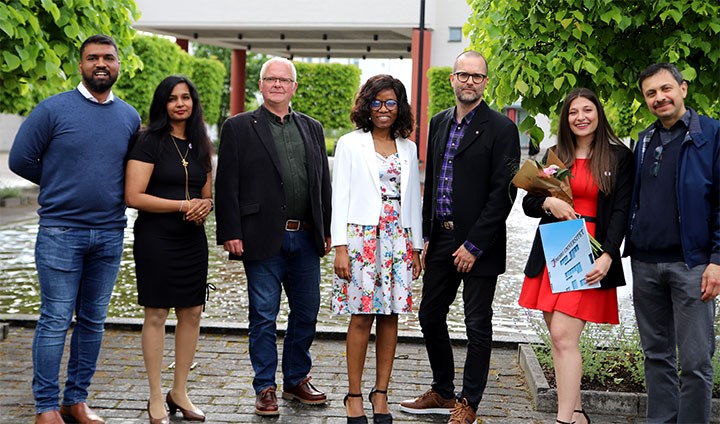
International student graduation: “Studying in Örebro has been fantastic!”
